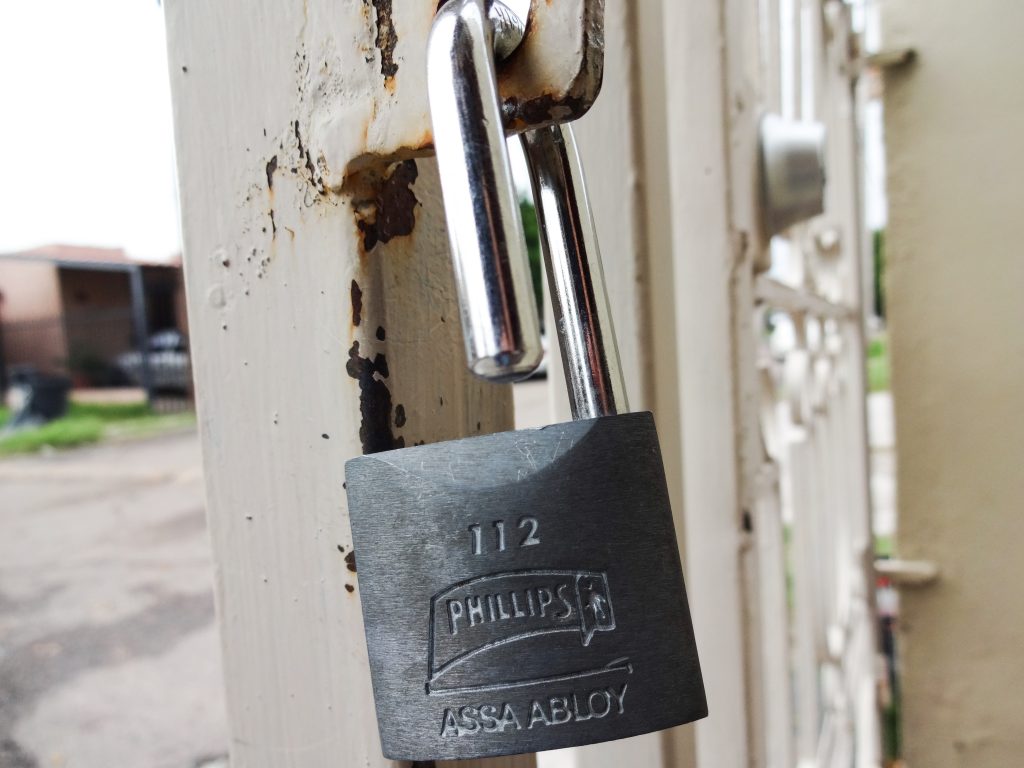 Protection from on-the-job injury is vital to any employee, especially those doing manual labor. But when so many types and subtypes of insurance coverage are involved in a single policy, how can you know when you’re covered? And what happens when you can’t tell if specific coverage applies to you? Can you still get protection and justice?
Protection from on-the-job injury is vital to any employee, especially those doing manual labor. But when so many types and subtypes of insurance coverage are involved in a single policy, how can you know when you’re covered? And what happens when you can’t tell if specific coverage applies to you? Can you still get protection and justice?
In August 2011, plaintiff William Weems was an employee of Cane River Construction LLC (Cane River). While on the job, Weems was driving a car owned by Cane River when another vehicle struck him from behind, and he suffered severe injuries. Defendant Houston Speciality was the automobile insurer for Cane River, and following the accident, Weems and his family sought uninsured/underinsured motorist (UM) coverage from Houston Speciality for his injuries. Houston Speciality denied that its policy extended UM coverage to Cane River and instead filed a third-party complaint against its insurance agent employed by Moreman Moore.
Moreman Moore’s agent Mr. Dickerson was responsible for completing Houston Specialty’s insurance file. Mr. Dickerson is the agent with whom Cane River’s owner, Mr. Moran, secured the insurance agreement. The Louisiana Commissioner of Insurance requires insurance companies to employ UM waiver forms in their policies and allow their clients to accept or reject UM coverage. Dickerson delivered this waiver to Mr. Moran, and Mr. Moran denied UM coverage via the release. Therefore, Cane River’s insurance policy with Houston Speciality on the accident date thus did not include any UM coverage.
 Louisiana Personal Injury Lawyer Blog
Louisiana Personal Injury Lawyer Blog


 One’s life is forever altered after an incapacitating injury. While the situation comes with enough issues, problems are enhanced when medical providers merge and change the disability benefits you have relied upon for a year. Unfortunately, this is precisely what happened to Michael Swinea after
One’s life is forever altered after an incapacitating injury. While the situation comes with enough issues, problems are enhanced when medical providers merge and change the disability benefits you have relied upon for a year. Unfortunately, this is precisely what happened to Michael Swinea after  Driving while on the job can be a common occurrence for many employees. Sometimes you may even use your personal vehicle on a workplace errand. If so, beware; Accidents happen, and your employer’s insurance may not cover you.
Driving while on the job can be a common occurrence for many employees. Sometimes you may even use your personal vehicle on a workplace errand. If so, beware; Accidents happen, and your employer’s insurance may not cover you.  Generally, when you ask an insurance agent for a specific policy, you expect them to honor your request. But what happens when your insurance agent doesn’t procure the coverage you requested for? The following case is an example of a property owner who believed he maintained insurance when he did not.
Generally, when you ask an insurance agent for a specific policy, you expect them to honor your request. But what happens when your insurance agent doesn’t procure the coverage you requested for? The following case is an example of a property owner who believed he maintained insurance when he did not.  Have you ever been involved in a car accident that potentially involved two states and wondered which state’s laws would govern your personal injury lawsuit? Say, you have an insurance policy issued in Texas, and you get into a car wreck in Louisiana. Which state’s laws will apply if you file a lawsuit related to the accident? The following case shows how Louisiana Courts use a choice of law analysis to determine what state laws should apply in these situations.
Have you ever been involved in a car accident that potentially involved two states and wondered which state’s laws would govern your personal injury lawsuit? Say, you have an insurance policy issued in Texas, and you get into a car wreck in Louisiana. Which state’s laws will apply if you file a lawsuit related to the accident? The following case shows how Louisiana Courts use a choice of law analysis to determine what state laws should apply in these situations.  Automotive accidents can cause severe injuries to those involved. However, the testimony of accident reconstruction experts can help juries determine what happened and come to the correct conclusions about liability. The following lawsuit out of Baton Rouge shows how an accident reconstruction expert can help you win your automobile accident lawsuit.
Automotive accidents can cause severe injuries to those involved. However, the testimony of accident reconstruction experts can help juries determine what happened and come to the correct conclusions about liability. The following lawsuit out of Baton Rouge shows how an accident reconstruction expert can help you win your automobile accident lawsuit. Personal injury cases can be costly for all parties involved. Paying those costs can get confusing, especially when there is indemnification. Indemnification arises when a party is contractually obligated to foot the bill for attorney fees and defense costs. The question then arises, can you seek indemnification if fault was never established? This type of contractual clause and legal questions are the core issue in a recent appeal discussed below.
Personal injury cases can be costly for all parties involved. Paying those costs can get confusing, especially when there is indemnification. Indemnification arises when a party is contractually obligated to foot the bill for attorney fees and defense costs. The question then arises, can you seek indemnification if fault was never established? This type of contractual clause and legal questions are the core issue in a recent appeal discussed below.  Auto insurance can be beneficial when you are in a car accident. However, it isn’t uncommon to have specific provisions in your insurance policy that can limit your coverage. A recent case out of Kenner, Louisiana, interpreted whether certain caveats in an insurance policy can limit a client’s uninsured motorist coverage (UM/UIM).
Auto insurance can be beneficial when you are in a car accident. However, it isn’t uncommon to have specific provisions in your insurance policy that can limit your coverage. A recent case out of Kenner, Louisiana, interpreted whether certain caveats in an insurance policy can limit a client’s uninsured motorist coverage (UM/UIM). Most lawsuits begin with a petition that lays out the facts and basis for a claim. These facts are pertinent to the survival of each claim and defense. Many pretrial hearings and motions are based on what is pleaded in the petition. The face of each pleading can determine the case’s outcome from the beginning.
Most lawsuits begin with a petition that lays out the facts and basis for a claim. These facts are pertinent to the survival of each claim and defense. Many pretrial hearings and motions are based on what is pleaded in the petition. The face of each pleading can determine the case’s outcome from the beginning.  Once a case has been fully litigated, it has been established that the plaintiff cannot bring additional lawsuits against the same parties for the same cause of action. This principle,
Once a case has been fully litigated, it has been established that the plaintiff cannot bring additional lawsuits against the same parties for the same cause of action. This principle,